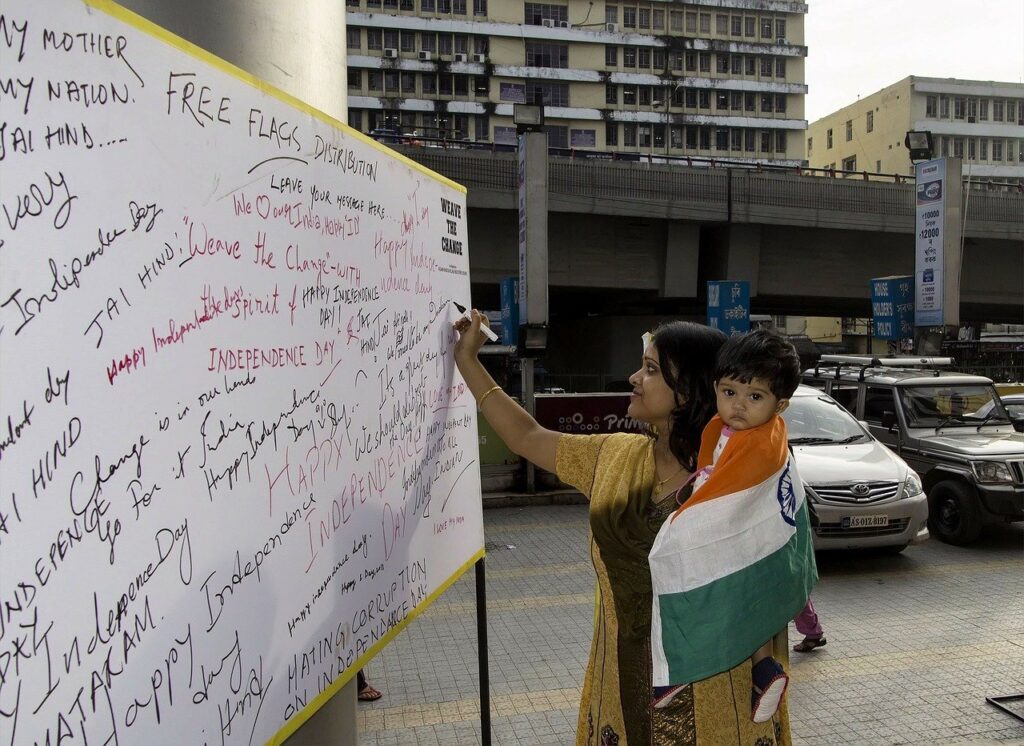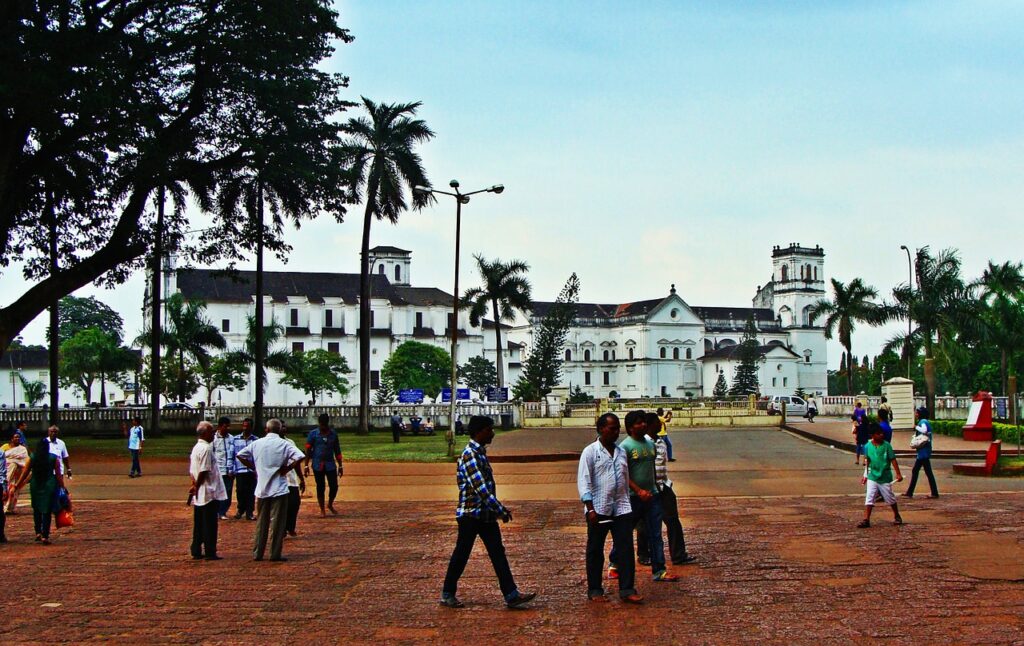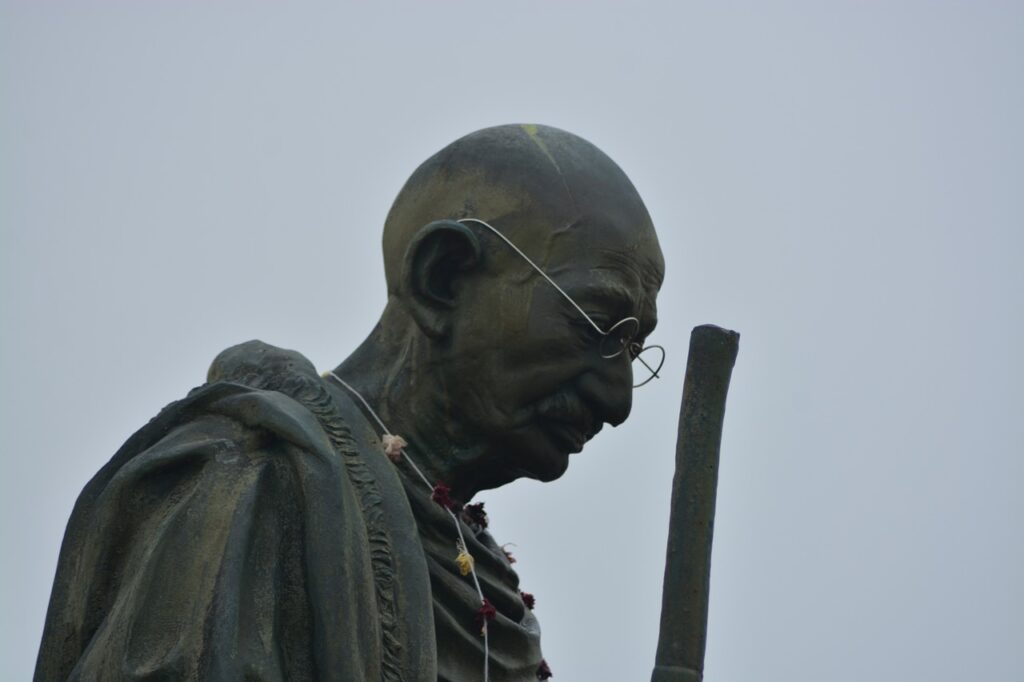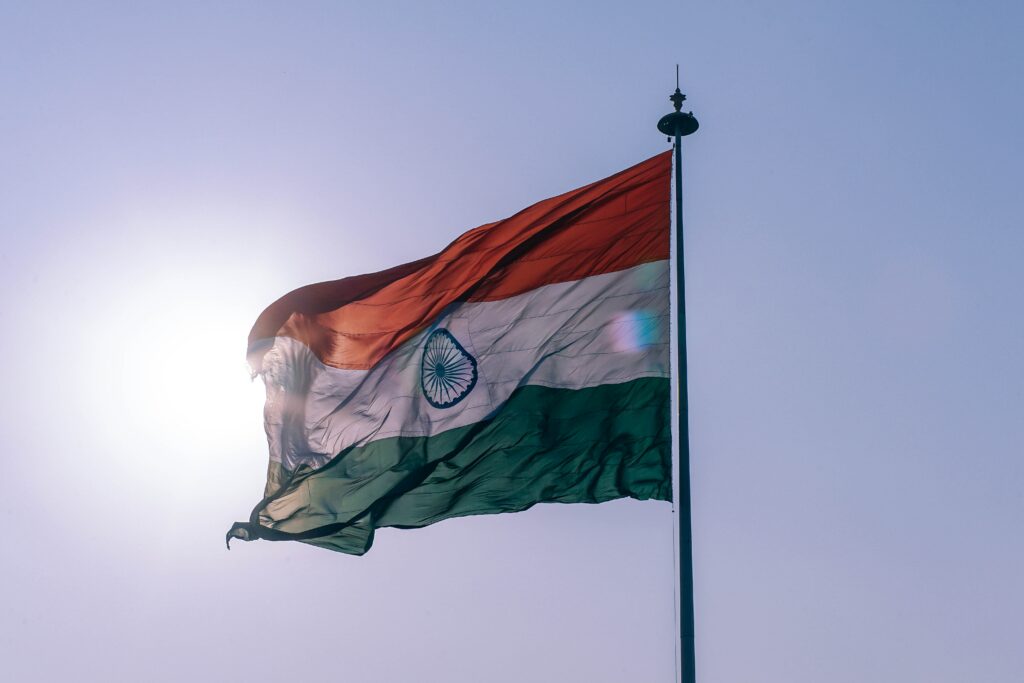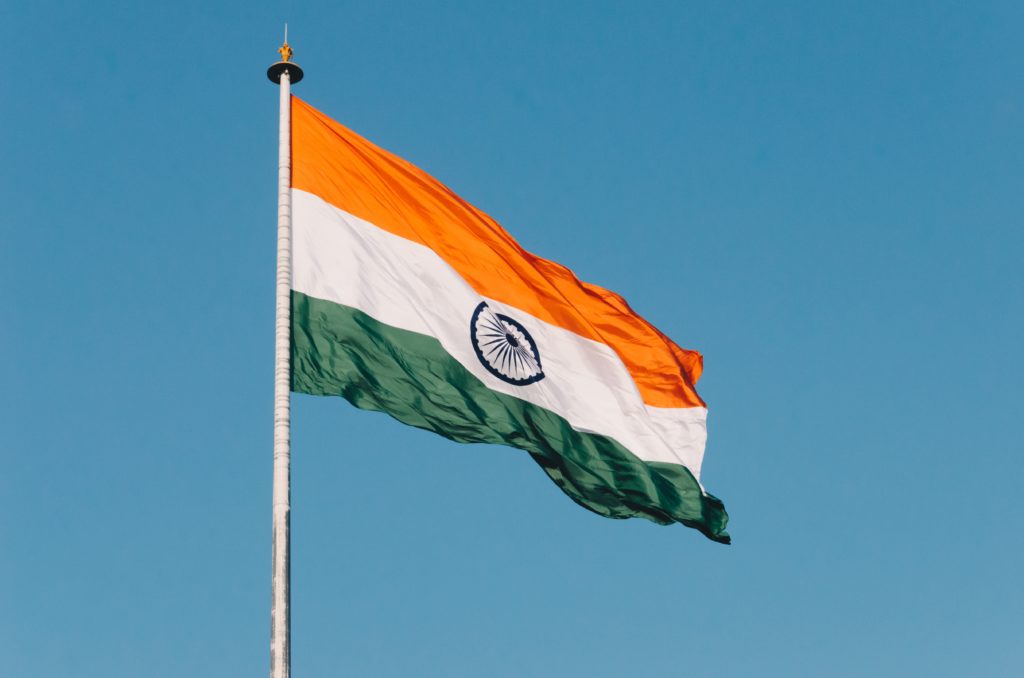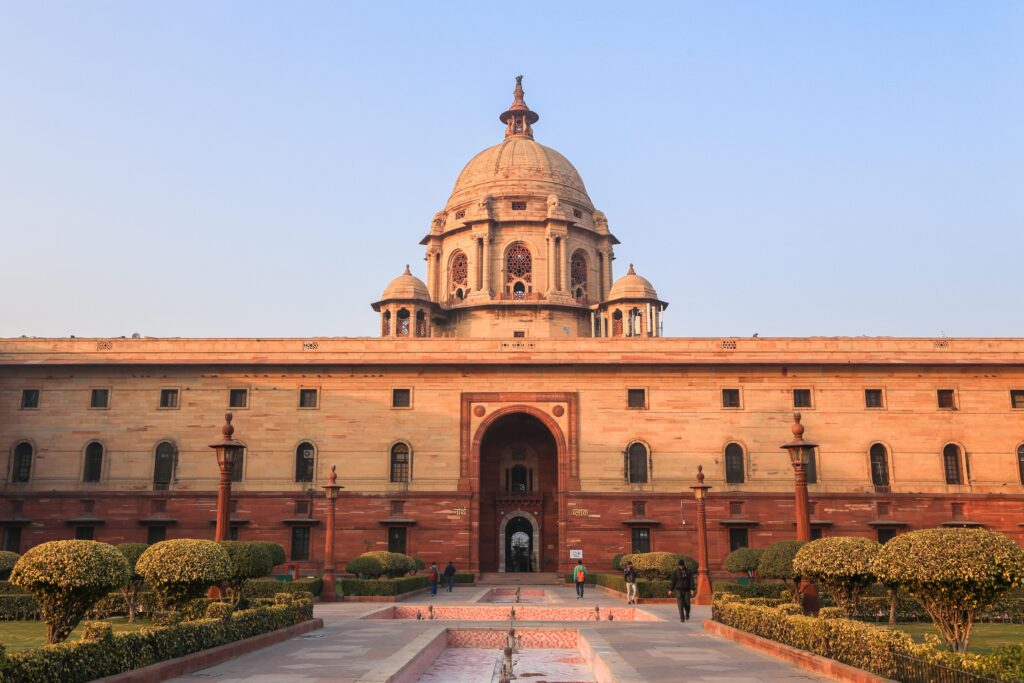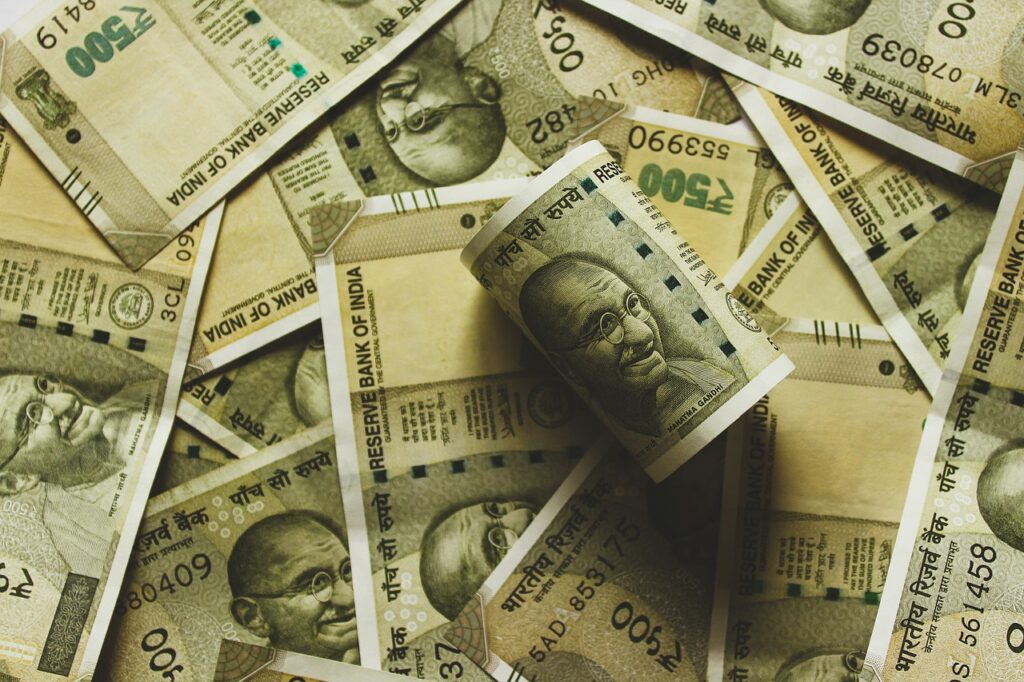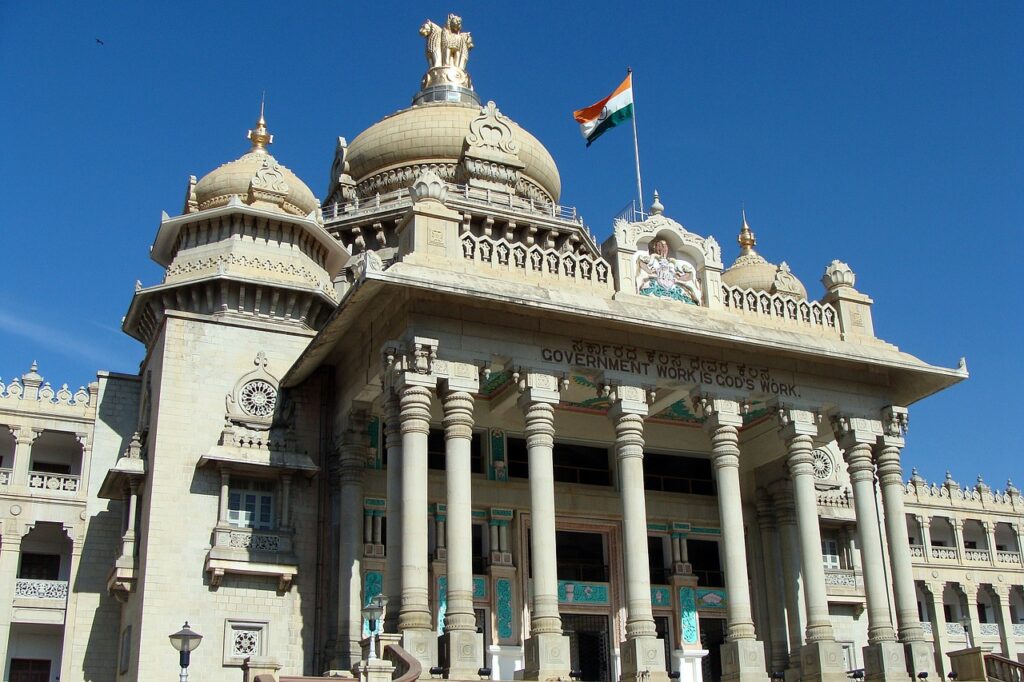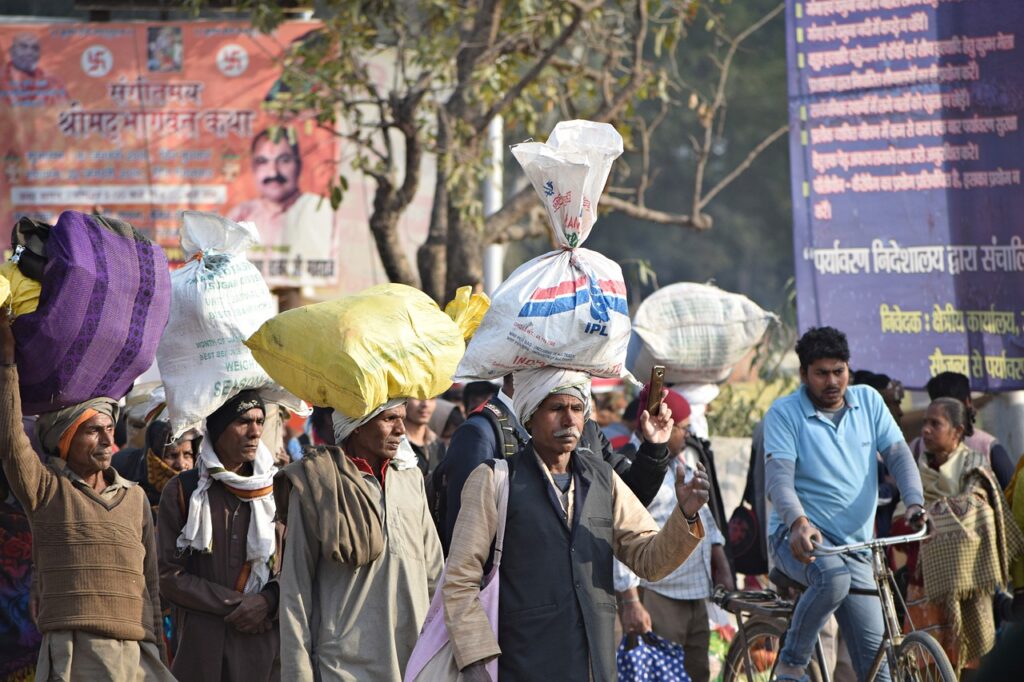Where once the white of peace waltzed with the green of prosperity, the ballroom of democracy seems to have been replaced with authoritarianism. The power of the citizen has been undermined by politics that cajoles Hindus to think of others as enemies and cudgels minorities to keep a watchful eye on Hindus.
Posts published in “Politics and Society”
India was not founded as a nation for the majority or the minority, but as a nation for everybody. Read on for visionary ideas from a new generation of Indians, seeking to bring back the spirit of our freedom.
Christians have come under unrelenting vilification and assault in India in recent years, and the trend has only worsened since the start of the pandemic. Father Stan Swamy's inexcusable death was part of that pattern. But Christians too have themselves to blame for failing to unite across denominations.
Mahatma Gandhi and Rabindranath Tagore enjoyed lively debates about nationalism, cultural identity and much more. Their debates have lessons for India on policy and governance, but they also show that if leaders can disagree with mutual respect, they can broaden and enlighten public discourse.
In mainland India, the tribal and ethnic communities of the Northeast are widely associated with secessionist movements. But during India's freedom struggle, countless freedom fighters from the Northeast laid down their lives for India's freedom. Mainland Indians should learn about them.
"You acknowledged the fragility of a unifying pan-Indian emotion, and knew what caveats to heed and precautions to take. You recognised the divisive tendencies which lay at the heart of India’s communal Partition. You knew, too, that we, your progeny, must protect ourselves against these. Yet, we faltered."
India must go much further than just survive this pandemic. A political culture of communalism and vengeance led to opaque governance and misplaced policy priorities. Many Indians voted for false communal pride, but as the pandemic hit, they found that they needed oxygen instead.
India ranks 148th out of 193 countries in terms of representation of women in politics. Suppressed by deeply entrenched patriarchy, women make up only 9 percent of all ministers in India. But studies have shown that increasing their participation in politics leads to better governance, and quotas will help.
The objective of the electoral bonds scheme was to infuse ‘white money’ into the political system. But its provisions, along with other amendments, open up Indian politics to opaque and undetectable influence from the corporate sector, while giving the ruling party undue advantage. There are alternatives.
The number of lawmakers facing criminal charges has increased significantly in recent years. The Supreme Court has tried to counter this in many ways, including by asking parties to publicise the criminal records of their candidates. But why do voters actively vote for criminal candidates?
A furtive finger is placed on the lips of dissent in India. The government does this through malicious FIRs for sedition and defamation. In the Supreme Court, the government called its critics "prophets of doom". But such censorship is also done by fellow citizens.

